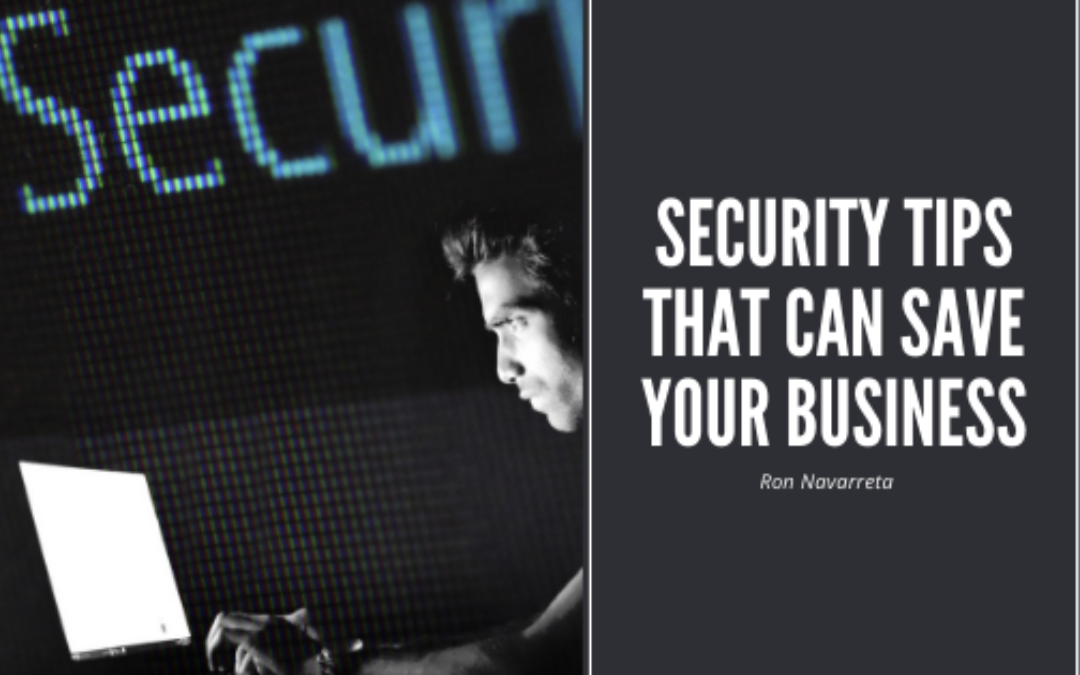Now more than ever, the scary headlines about hackers are prevalent in the news. It’s the unseen enemy. No matter how much a company puts up its virtual walls, there will always be criminals trying to break them down. Data is the loot in the vault, and it is a fear that all industries share, from retail to government. As a business, you have an obligation to protect your customers’ data. Some tips can help.
Corporate security is an industry that identifies and alleviates cyber threats to protect the survival of a corporation. The sooner a threat is detected, the less damage it can do, which is why speedy detection is a crucial component. In addition to having the most up to date database information about potential threats, it’s essential to protect your employees from themselves. Scams that target individual employees have become more and more sophisticated over the past few years.
Phishing scams are very deceptive and one of the most common avenues a cyber thief will take to access a company’s network. Incoming emails are disguised as familiar sources, such as friends, family members, internet providers, or banks. The threat occurs when the false sender requests information that should never be transferred over email. Contrary to popular belief, email data is one of the least secure methods of data transfer. As the data travels over the company network and through various internet mail relays, it remains un-encrypted. In addition, it is often stored un-encrypted on mail servers. There are plenty of vulnerable points when using this mode of communication. Training employees never to send essential data via email should be part of the first-day indoctrination.
In addition to hiring qualified IT personnel, a business needs to stay current with hardware and software by purchasing top of the line security software and staying on top of new technology designed to cater to the corporate market. The residential and commercial markets are vastly different concerning their needs and how they handle and protect big data. Businesses need physical protection in the form of camera monitoring around perimeters and complex alarm systems. In addition, all systems need to be intertwined so that response times can be swift.

